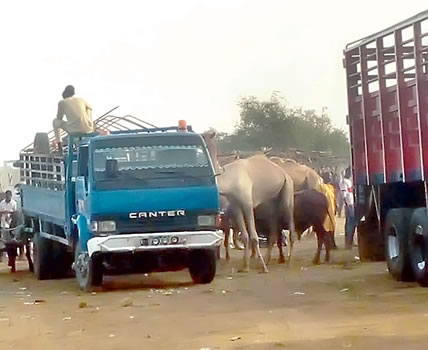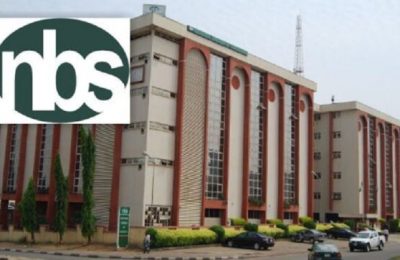Stakeholders in the pastoral farming sector have called for efficient logistics capable of cutting the costs of transporting cattle.
They said it would help the industry to be more efficient and improve the welfare of livestock being transported.
This was one of the resolutions at the end of African Union Inter-African Bureau for Animal Resources (AU-IBAR) workshop on technical planning and implementation of African Pastoral Markets Development (APMD) platform held in Abuja. The workshop had representatives from Nigeria, Benin Republic, Burkina Faso, Chad, and Cameroon.

AU-IBAR, with funding from the Bill & Melinda Gates Foundation (B&MGF), is establishing and operationalising the APMD Platform aims to enable market-driven, adaptive transformations in pastoralism and plays a critical role in fostering inclusive agricultural transformation across Africa.
The APMD Platform will strategically influence, promote and provide visibility of market-focused interventions to enhance pastoral integration into livestock markets, among key stakeholders.
Underscoring the importance of enhancing cattle transportation logistics, the workshop noted that successful implementation of the platform will depend on its ability to help farmers reduce travel distance and time, saving on running costs and minimising the stress to drivers and cattle.
According to the workshop, the pastoral farming market in the North has been characterised by long supply chains between the region and markets in the Southern part of the country with transport distances often upwards of thousands of kilometres.

With the growth of the industry, the workshop noted that improving the safety and welfare of animals and drivers during long trips is of top-priority and that industry players should work with the government to invest in critical infrastructure in the supply chain, including feedlots, cattle yards, abattoirs of different types, new facilities, better use of rail, implementation of biosecurity practices.
The workshop called for more investment to support the resilience of the northern pastoral industry to anticipate and address future challenges, opportunities, and conditions, adding that infrastructure investments in roads, bridges and storage have the potential to substantially improve viability and resilience of the industry.
Moreover, the workshop urged AU-IBAR to work with the Federal Ministry of Livestock Development and other agencies to implement a robust database to track animal health, breeding cycles, and productivity, allowing farmers to make informed decisions.
A key plea, the workshop made was for researchers and innovators to be powered to find sustainable solutions to the concerns of stakeholders in the sector, especially the rising high cost for conveying cattle from breeding areas to major markets across the country.
The workshop urged authorities in the Sahel region to facilitate border crossing procedures and improve the efficiency and health safety of slaughterhouses and butcheries.
Despite its importance in the livestock farming, the workshop noted that farmers face a lot of constraints including availability and accessibility of quality animal feed, long distances between production and consumption areas, lack of insurance in the reservation system, difficulties in locating storage facilities amongst others.
Earlier, the Director, AU-IBAR Dr. Huyam Salih represented by APMD Platform Project Coordinator, Prof Ahmed Elbeltagy emphasised that the platform aims to bolster the livestock sector and safeguard rural incomes derived from meat and livestock products.
She described the APMD Platform as a beacon of hope for millions of pastoralists, stating, “The launch of the APMD Platform occurs at a pivotal moment, allowing us to address existing challenges. By promoting collaboration and innovation, we can create sustainable growth opportunities. This workshop is a crucial step towards developing strategies that empower pastoral communities and facilitate transformation.”
She noted that the platform to be implemented with the support of relevant agencies and private sector partners aims to promote pastoral farmers’ access to markets, thereby making livestock farming more attractive, a source of jobs and income for Nigerians and other countries within the Sahel region.
While declaring the workshop open, the Minister of State, Federal Ministry of Agriculture and Food Security, Senator Aliyu Sabi Abdullahi noted that the importance of an improved and efficient production process in pastoral farming cannot be overstated, where cattle farming accounts for a huge size of the agricultural contribution to national Gross Domestic Product (GDP).
For this reason, he noted that promoting productive, resilient, and healthy agropastoral systems has become a major concern for the Federal government.
He pointed out that the government was determined to pursue initiatives capable of opening opportunities for small-scale farmers to access technology and significantly improve the nation’s cattle stock.
READ ALSO: JUST IN: Tinubu directs release of minors arraigned for #EndBadGovernance protests







